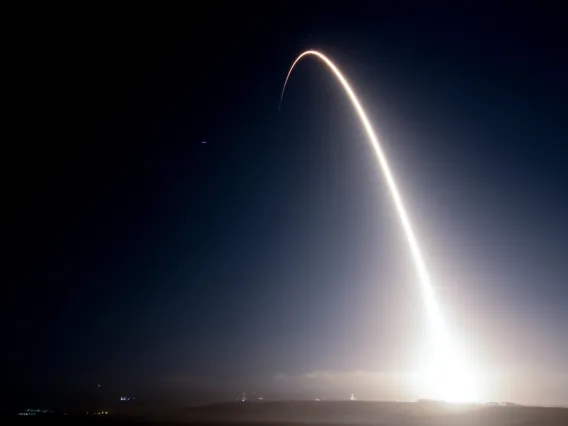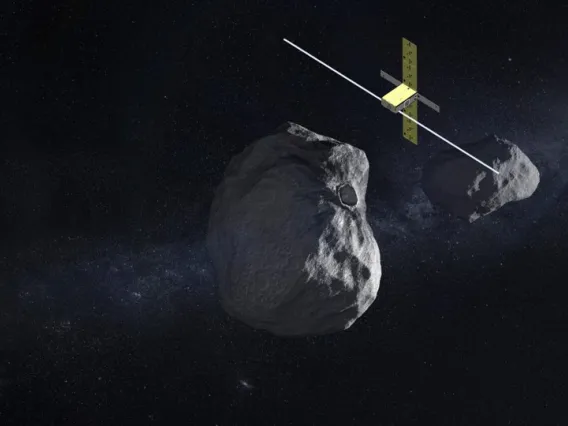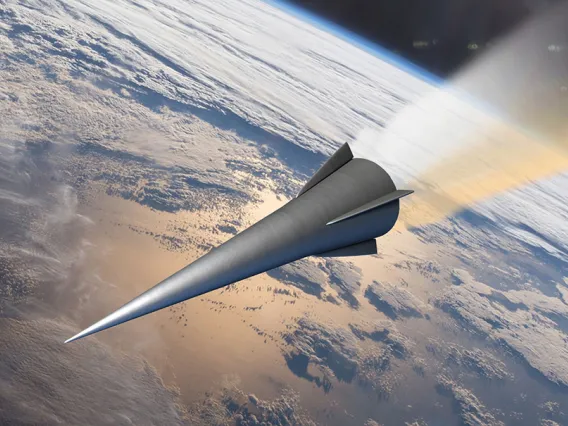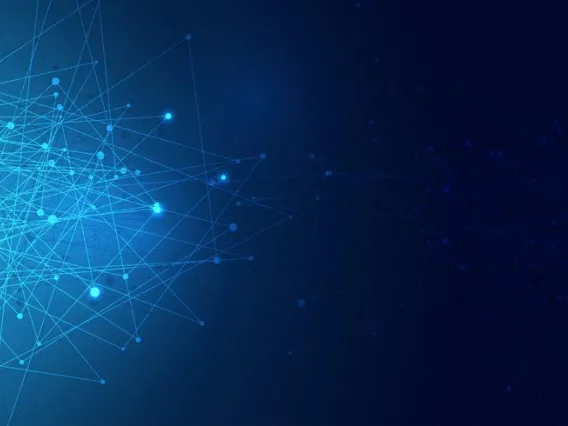Research Focus Areas
Machine Learning for Engineering and Physics Applications
Research
SSEL focuses on the application of Machine Learning and advanced numerical methods to many research areas in Science and Engineering. Although one of the main topics is the Application of Artificial Intelligence (AI) to Space Systems, we also specialize in Nuclear Engineering and Earth Exploration.

Guidance, Navigation, & Control
The functions of Guidance, Navigation, and Control (GNC) are vital to successfully drive all forms of air and space flight. SSEL specializes in Reinforcement Learning and Physics-Informed Neural Networks applications to Spacecraft GNC.

Remote Sensing
Remote Sensing is the process of detecting and monitoring an object or an area by measuring its reflected and emitted radiation. SSEL, developing computational tools for Earth characterization and Space exploration, is an active player in the Remote Sensing community.

Transport Theory
The Transport Theory is the study of laws that describe the migration of radiation and particles within a medium. SSEL's main contribution to the Transport Theory community is the numerical modeling and simulations of Transport problems using Machine Learning techniques, in particular Physics-Informed Neural Networks.
Projects
SSEL is involved in several projects in collaboration with Universities, Research Institutes, and Companies.

Space Situational Awareness
Space Situational Awareness refers to the characterization, tracking, and understanding of the space object population. SSEL applies a meta-learning approach to potentially characterize a space object’s shape, attitude, material, etc. based on its observed light curve, the measurement of its magnitude, or brightness, over time.

Binary Asteroid Systems
At SSEL we developed a simulation tool for Shape Models and Optical/Thermal Lightcurves of Binary Asteroid Systems.

Atmospheric Re-Entry Guidance
Autonomy is a critical component for the next generation of hypersonic vehicles. Indeed, the effective implementation of the closed-loop SENSE-THINK-ACT requires a new generation of intelligent algorithms.

Theory of Functional Connections
The Theory of Functional Connections Project collects the methodologies and applications of the Theory of Functional Connections made by the efforts of researchers from several fields of study, such as Applied Mathematics, Optimal Control Theory, Space Engineering, Radiation and Particle Transport.

Extreme Theory of Functional Connections
Extreme Theory of Functional Connections is a numerical method to solve Ordinary and Differential Equations developed by SSEL group. It is the fusion of the Theory of Functional Connections and Physics-Informed Neural Network, bringing those methods to the next level.

Motion Planning with TFC
The motion planning problem consists of finding a sequence of inputs for a system that drives it to a goal region from an initial state while avoiding collisions with obstacles.

